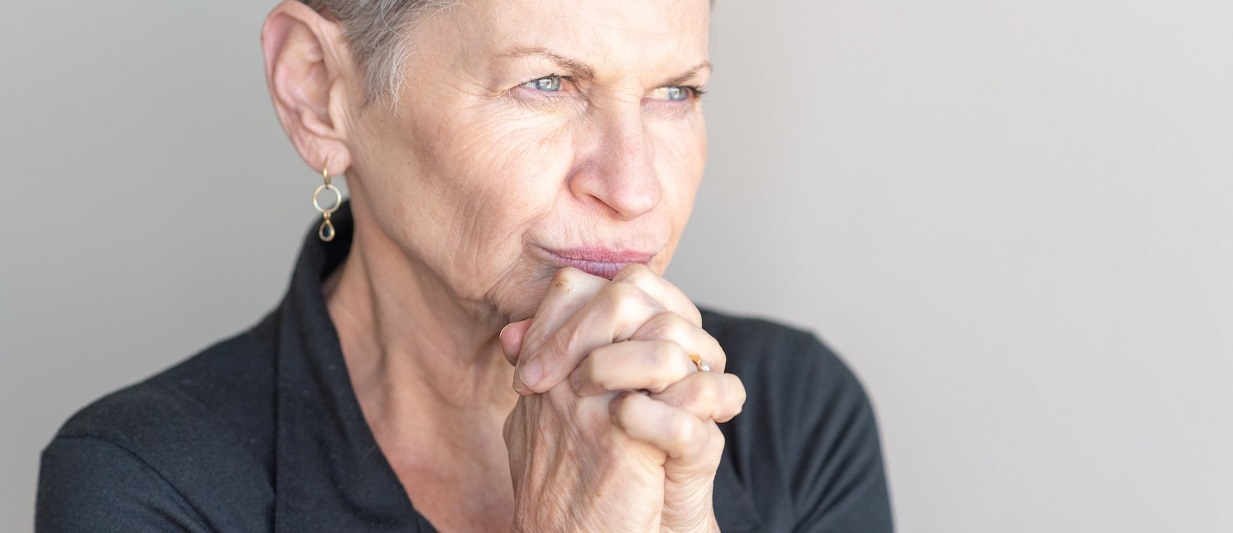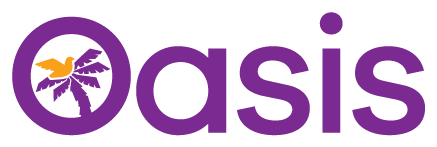Domestic abuse is an incident or pattern of behaviour that uses power to control a person with whom the abuser has a personal connection.
There are many forms of abuse. It isn’t always physical or visible. Domestic abuse can be controlling, coercive, threatening, intimidating, violent or abusive behaviour between people aged 16 or over who are or have been intimate partners or are family members.

Love shouldn’t hurt
Abuse is never the fault of the person experiencing it. Recognising the signs of abuse, and knowing there is support available is vital. We are here to give support and advice. so that survivors of abuse can move towards a life free from harm.
Who does domestic abuse affect?
Domestic abuse can affect anyone, regardless of age, gender, ethnicity, age, sexuality or social background. Children can experience abuse too.
2.4 million adults in England and Wales experience domestic abuse, the majority of which (70.8%) are women (ONS, 2022).
Types of domestic abuse
There are many forms of domestic abuse. You can find out more by reading the below information.
Emotional abuse
Emotional abuse is behaviour that undermines a person’s sense of well-being and self-esteem, causing them psychological upset and trauma. It’s used to belittle, criticise and demean a person so that they feel they have little to no power or control over their life.
Examples of emotional abuse are undermining a person’s actions, thoughts and beliefs, telling someone they are worthless, calling them names, telling someone they are weak and could not manage to look after themselves on their own. Humiliating you in public, stopping you from going out or seeing your friends and family, turning your children against you, mind games, controlling your life, using children or pets as a means to control. Making someone think and believe they are the problem and the abuse is their fault, and that they are ‘unstable’.
It can result in feelings of trauma, anxiety, stress, depression, fear, uncertainty and isolation.
Emotional abuse is domestic abuse and is not your fault.
Sexual abuse
Sexual abuse is if you are forced, threatened, intimidated or punished to perform sexual acts with your partner or a family member.
If you are made to do something sexual without your consent, or are put in a situation where you are made to feel that you can’t say “no”, this is sexual abuse.
You may be forced to perform sexual acts with others for the pleasure of your partner or family member, or to look at pornographic material. There may be pressure and harassment into having sex when you don’t want to, or you may be verbally or physically attacked because of your sexuality or sexual preferences. Sexual abuse can also be used as a form of punishment.
Economic abuse
Economic abuse is when someone restricts, controls or sabotages a person's access to money or other resources such as food, clothes, transport, housing. It can also involve restricting or cutting off the ability and freedom to earn and spend money, or taking financial actions without your consent that impact you and your family.
Financial coercion can happen in lots of different ways, such as preventing you from taking employment or taking your pay, refusing access to a bank account and keeping financial information secret. They might control how money is spent / dictate what can be bought / the use of property e.g. mobile phone. Stealing your money or property, insisting all bills, credit cards, loans are in your name and making you pay for them are all signs of abuse. Building up debt in your name, sometimes without your knowledge, and taking children's birthday money or savings is not ok - this is economic abuse.
You might not be allowed to choose what you can buy, or have to provide receipts for every purchase. Your heating and lighting might be restricted, or they disrupt you when you’re working from home, cutting off the Wi-Fi or hiding/stealing work equipment.
Any action that impacts you negatively financially is economic abuse.
Stalking and harassment
Stalking is fixated and obsessive unwanted attention from another person, which makes you feel pestered, scared, anxious and harassed. The behaviour is repetitive, persistent and intrusive.
Signs that someone is stalking and harassing you are regularly giving unwanted gifts, making unwanted communication in person and/or online, repeatedly following or spying on you or turning up at your house/place of work, making threats and damaging your property, getting in touch with your friends and family without permission.
This kind of consistent, frequent unwanted attention can result in feeling frightened, scared to leave home, confused and unsettled.
Stalking is a criminal offence.
Honour-based abuse
So-called honour-based abuse is an incident or crime which has, or may have, been committed to protect or defend the ‘honour’ of the family and/or the community. ‘Honour’ can be the motivation, excuse or justification behind a range of abusive acts.
It can take many forms, including child marriage, virginity testing, enforced abortion, forced marriage, female genital mutilation, as well as physical, sexual and economic abuse, threats and coercive control. There may be social ostracism or rejection, emotional pressure, isolation and denial of access to children/phones/internet/passport/documentation. House arrest and restrictions to freedom or being forced to move abroad are also signs of honour-based abuse.
For some communities, the concept of ‘honour’ is prized above the safety and wellbeing of individuals. The abuse is built on expectations about acceptable and unacceptable behaviours and can lead to a deeply embedded form of coercive control. Perpetrators are often partners or ex-partners, or family members.
Digital abuse
Perpetrators are increasingly using digital technology to coerce, control, intimidate, bully and abuse.
This can include using spyware and GPS trackers on your phone/laptop to follow your movements, controlling what you can and can’t post and share on social media, sending threatening or spiteful messages to you online by DM or email, or bombarding you with Whatsapp messages making you feel that you’re in the wrong for not replying straight away. If you are made to share your computer/phone/email/social media passwords or they look through your digital devices to check what you’ve been ip to, this is digital abuse.
Sharing intimate photos or videos, or threatening to do so, without your consent is illegal. The Revenge porn helpline can offer you support on 0345 6000 459 (Tuesday - Thursday 10 - 4pm) or visit www.revengepornhelpline.org.uk.
Find out more about how to cover your tracks and keep safe online.
Physical abuse
Physical abuse is any act of violence against you. This can include, but is not limited to, slapping, punching, kicking, pushing you around, pulling your hair, hitting, biting, pinching, pushing, shoving, burning and strangling you.
Perpetrators can often ensure that physical abuse isn't obvious to other people. Bruises, cuts, burns and marks can often be made on parts of your body covered by clothes.
Domestic violence is a crime.
Understand what domestic abuse is, how to spot the signs and what makes a healthy relationship.
The answers to frequently asked questions and misconceptions about domestic abuse.
Access our referral pathway to connect someone to the right support.




